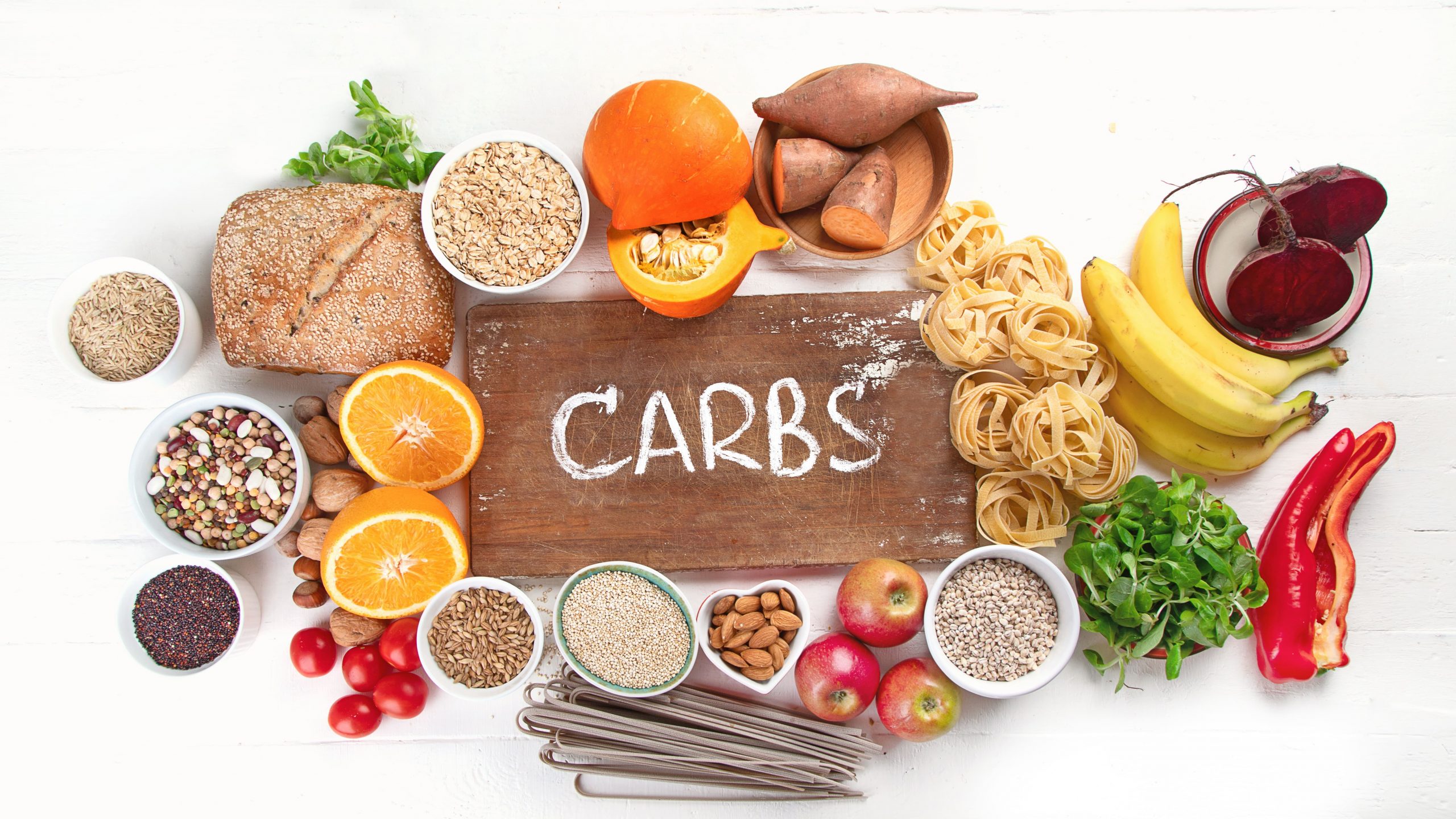The body needs all the basic macronutrients for good health. They include proteins, vitamins, and carbohydrates. All these are essential to the body for the proper function of cells and organs. However, they all perform different roles, which attribute to overall good health.
Carbohydrates are one of the key body nutrients that need to be included in your diet. They are essential to the body. You need to know all the carbohydrate foods and check on your daily intake to avoid fewer or excess consumption cases. Carbohydrate foods are usually found in three groups; sugars, starch, and dietary fiber. They combine vitamins and fats to form a single packed carbohydrate macronutrient.
Biologically, carbohydrates are molecules that consist of hydrogen and oxygen atoms. However, in nutrition, carbohydrates create confusion. Some people opt for low-carb intake. In contrast, others go for high-carb diets or moderate carbohydrate intake. Regardless of this intake debate, carbohydrates are very beneficial to the human body. They perform important roles in the body to improve and maintain your body function.
Functions of Carbohydrates in The Body
Provision of Energy
Carbohydrates are also referred to as energy-giving foods. The primary role of carbs is to provide the body with energy for better and efficient functioning. Carb foods are digested and broken down into highly soluble glucose. The glucose molecules enter the bloodstream. Glucose in the blood is transported to the body cells to activate the adenosine triphosphate molecule. This process is known as respiration and is a series of complex steps that results in the provision of power to the body by the ATP molecules. Your body cells easily convert carbohydrates from dietary fiber and fats to produce ATP. For those who take a diet comprising a mix of these nutrients, the body cells directly convert the carbs into energy.
Store Energy
Excess glucose molecules in the body need to be stored for later use. Glucose is stored in the liver and muscles in the form of glycogen. Carbohydrates molecules are responsible for the provision of energy. This energy needs to be stored for later use to maintain the carb levels in the body. The liver store more than 100 grams of glycogen. When the body needs energy, these molecules are released into the blood and carried to the necessary cells to exert energy and help maintain blood sugar levels. Glycogen stored in the muscles is released during high-intensity activities that require muscle power. The amount of glycogen stored in the muscle differs in people that explains the different power capabilities. When all the glycogen stores are full, the excess carbohydrate is converted into triglycerides and stored as fats.
They Improve Digestive Health
Fiber is a form of carbohydrate that enhances good digestive health. It reduces constipation and lowers the chances of contracting digestive tract diseases. Sugars and starch are normally broken down to form glucose, but dietary fiber is not. Fibers pass through the gut system undigested and are either soluble or insoluble.
Soluble fiber forms a gel-like molecule when it combines with water as it passes through the body. This softens the stool and aids in smooth bowel movement. Oats, legumes, and inner fruit parts are the common providers of soluble fiber. Soluble fiber enhances the frequency of bowel movements and boosts stool consistency. This aids in the reduction of constipation, pain, and straining attributed to bowel movement.
Insoluble fiber comes from whole grains and skins of fruits and vegetables. It helps reduce constipation by improving the stool speed in the gut track. Insoluble fiber is important for a healthy digestive tract.
Improve and Preserve Body Muscles
Carbohydrates help boost and preserve the body muscles. Glycogen storage increases glucose levels in the body. In scenarios where the body lacks carbohydrates, glycogen in the muscles is broken down into amino acids and released into the body as glucose to provide energy. However, this scenario is unhealthy as it leads to poor body muscles or death in extreme circumstances. It’s recommended that you take carbohydrates daily to prevent muscle mass loss. The carbs provide glucose needed by the brain and reduce starvation-related muscle loss.
They Influence Heart Related Problems and Diabetes
Heart diseases and diabetes are common health problems worldwide that are leading causes of death. Health officers are at the frontline to find the best cure for these diseases with no vail. As we all know, prevention is better than cure. Eating a healthy diet is the solution to many heart and diabetes conditions.
A diet rich in carbohydrates is all you need to curb these killer problems. Always keep in mind that not all carbohydrate meals are beneficial to the body. Excessive consumption of refined carbs is associated with increased risks of having heart and diabetes. However, adding lots of dietary fiber into your diet is beneficial to the heart and reduces blood sugar levels.
Daily consumption of dietary fiber reduces the risk of heart disease and diabetes by reducing cholesterol levels. Excess cholesterol amounts in the body lead to heart disease and diabetes. The soluble fiber absorbs acids and bile juices that are stored in the liver. The liver produces more bile juices from these reabsorbed components, which leads to a reduction of cholesterol. Unlike other carbohydrates, fiber reduces blood sugar levels. Soluble fiber reduces the absorption of carbs into the gut tract, which leads to lower blood sugar levels in the next meals.
Are Carbohydrates Needed for The Above Body Functions?
Yes, carbohydrates are needed by the body for proper functioning. Carbs are the basic source of energy for your body. Carbs serve important roles in the body that aid you in conducting your daily activities. The brain uses glucose from carbs to fuel its functions. However, in incases of low-carb levels in the body, the brain uses ketone bodies to provide energy. Ketones are simple molecules that are formed by the breakdown of fats in scenarios of low carbohydrate levels. Ketones act as the source of energy for the brain during starvation.
The Bottom Line
Carbohydrates perform several important functions in the body. They are the source of energy to conduct your daily activities. They also act as the brain’s fuel and provide the necessary high energy for proper brain functioning. Carbohydrates improve your health. They prevent heart-related problems, diabetes, and digestive tract conditions. Ensure you add carbohydrates into your diet for improved health.
Credits
We would like to thank the below contributors who have helped us to write this article:
- Bell Peppers 101: Nutrition Facts and Health Benefits - April 19, 2024
- Products That Assist with Stress Relief - September 21, 2023
- TRÈFLE – THE ROAD TO THE 15TH - July 29, 2023









